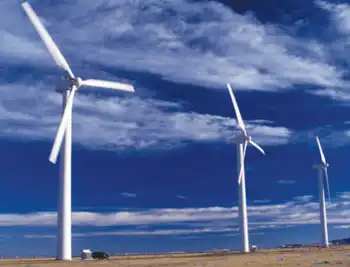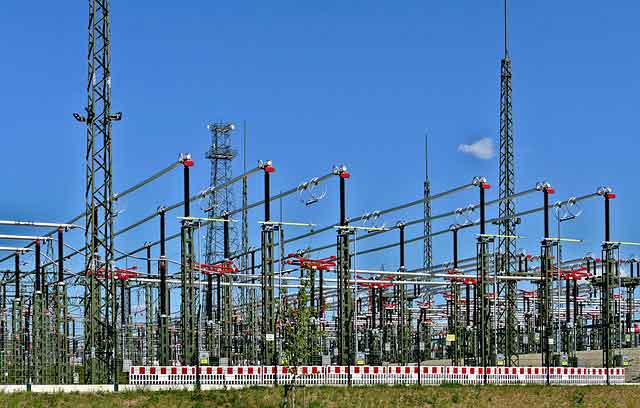PricewaterhouseCoopers warns of coming tax shifts to combat climate change
By Vancouver Sun
High Voltage Maintenance Training Online
Our customized live online or in‑person group training can be delivered to your staff at your location.

- Live Online
- 12 hours Instructor-led
- Group Training Available
Climate-change tax experts with PricewaterhouseCoopers told a PwC forum that substantial changes are coming in a little over a year.
Across Canada, electricity producers using gas- and coal-generation, companies in the oil and gas, smelting, mining, forest products, iron and steel and cement industries will feel the pinch.
B.C. is already imposing carbon taxes on fossil fuel users, and plans annual increases in the size of the tax. In addition, the province is implementing its own caps on carbon dioxide emissions.
"Regulation is a big and emerging and coming area," said Bruce McIntyre, a PwC partner in the accounting firm's B.C. sustainable business solutions practice.
"The federal government's climate-change regulations are coming in play Jan. 1, 2010. That's little over a year away and there is going to be a lot of change driven by those regulatory changes."
The feds are offering credits for companies taking early action, and also plan to introduce a system compelling the nation's largest polluters to bid for extra emissions quota beyond stated minimums.
McIntyre added that the B.C. government has been "very proactive" on this front as well.
The government has developed a climate-change secretariat, announced that the provincial government itself will be carbon-neutral by 2010, and introduced both a carbon tax and cap and trade programs involving several provinces and U.S. states.
Christine Schuh, PwC environmental practice leader, said government efforts to reduce the effects of climate change by curtailing emissions will have "very significant business implications."
"One of the drivers is Canada's commitment to the Kyoto Accord. Canada is a signatory, and has commitment to reducing its annual emissions from 720 megatonnes to 560.
"That is a huge difference, and it's pretty obvious that we are not going to make that in the short term."
That represents "approximately a $40-billion liability to the Canadian government."
Schuh said B.C.'s regulations may make it difficult for Alberta to export oil and gas from the oil sands - which generates three times the carbon dioxide emissions of conventional oil - into the neighbouring provincial market.
"There is going to be an issue around where fuel comes from," Schuh said. "Fuel that comes from the oil sands will be looked at in a very stringent light - and they don't know if they are going to allow that (fuel) in B.C.
"That has huge implications to people that are working in the oil sands area."
Schuh said it was interesting that the governments are also offering a range of tax refunds and incentives in order to "stimulate innovation."
"If you can come up with a project that reduces greenhouse gas emissions from (levels of) business as usual, that creates an asset and you can trade that with people who have over-emitted.
"There are tons of opportunities in the agricultural business, in the forestry business, and in a variety of industries that want to reduce greenhouse gas emissions."











